Learn Chinese Idiom with Pinyin and English
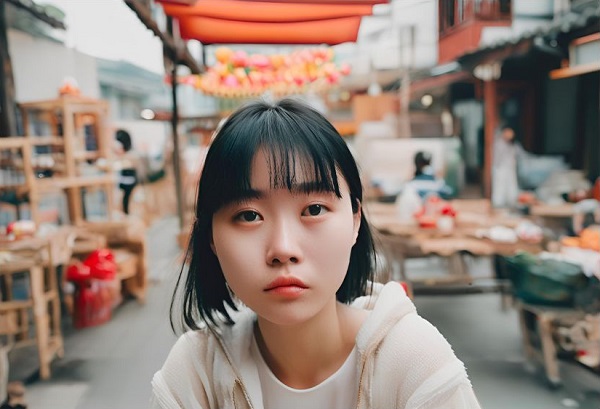
- Idiom in Chinese-贫女分光。
- Pinyin of Idiom– pín nǚ fēn guāng.
- Idiom’s Meaning in English– This Chinese idiom refers to a situation where a poor girl, having very little to offer, still manages to share what she has with others. It symbolizes the spirit of generosity and kindness, even in the face of adversity and scarcity.
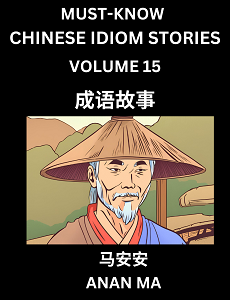
Chinese Idiom Stories Books (HSK All Levels):
- Books to Learn Chinese Idiom Stories (Part 1)
- Books to Learn Chinese Idiom Stories (Part 2)
- Books to Learn Chinese Idiom Stories (Part 3)
Learn Chinese Idiom Story in English (成语故事的英文)
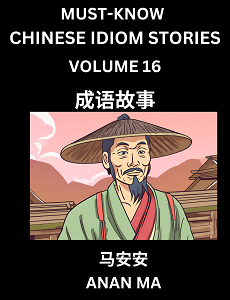
In ancient times, there was a poor peasant girl named Xiao Lian. Her family was impoverished, and everything they had – food and clothing – was earned through hard work by her and her mother. Despite this, Xiao Lian was always kind-hearted and ready to help others. One day, a ragged beggar came to the village. Xiao Lian, seeing him, felt compassion and decided to share her small piece of rice with him. Her mother, though心疼 (heartbroken), was proud of her daughter’s kindness. From then on, the story of “Pin Nu Fen Guang” – the poor girl sharing her meager resources – spread throughout the village, becoming a testament to Xiao Lian’s selflessness and benevolence.
Learn Idiom Story in Chinese (成语故事)
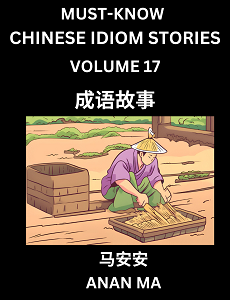
在古代,有一个贫苦的农家女孩,名叫小莲。她家境贫寒,家中仅有的一点食物和衣物都是她和母亲辛勤劳作所得。尽管如此,小莲总是心地善良,乐于助人。有一天,村里来了一个衣衫褴褛的乞丐,小莲看着他,心中不忍,于是她把自己仅有的一小块米分给了乞丐。母亲看到后,虽然心疼,但也为女儿的善良而骄傲。从此,“贫女分光”的故事传遍了村庄,成为了人们称赞小莲无私和善良的佳话。
Learn Keywords with English, Simplified Chinese Characters, and Pinyin (关键词)
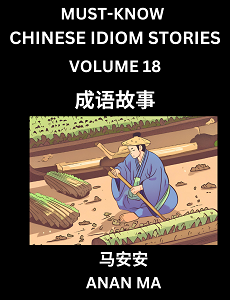
- 贫苦(pín kǔ)- poor,
- 家境贫寒(tā jiā jìng pín hán)- have a poor family,
- 食物(shí wù)- food,
- 母亲(mǔ qīn)- Mother,
- 尽管如此(jǐn guǎn rú cǐ)- Nevertheless,
- 善良(shàn liáng)- kindhearted,
- 乐于助人(lè yú zhù rén)- Willing to help others,
- 虽然(suī rán )- although,
- 从此(cóng cǐ)- from then on,
- 故事(gù shì)- story.
Pinyin of Idiom Story (故事的拼音)
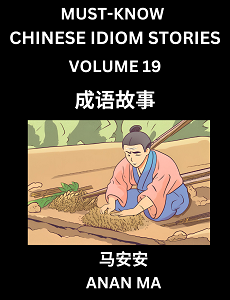
Zài gǔdài, yǒu yīgè pínkǔ de nóngjiā nǚhái, míng jiào xiǎo lián. Tā jiājìng pínhán, jiāzhōng jǐn yǒu de yīdiǎn shíwù hé yīwù dōu shì tā hé mǔqīn xīnqín láozuò suǒdé. Jǐnguǎn rúcǐ, xiǎo lián zǒng shì xīndì shànliáng, lèyú zhùrén. Yǒu yītiān, cūnlǐ láile yīgè yīshān lánlǚ de qǐgài, xiǎo lián kànzhe tā, xīnzhōng bùrěn, yúshì tā bǎ zìjǐ jǐn yǒu de yī xiǎo kuài mǐ fēn gěile qǐgài. Mǔqīn kàn dào hòu, suīrán xīnténg, dàn yě wèi nǚ’ér de shànliáng ér jiāo’ào. Cóngcǐ,“pín nǚ fēnguāng” de gùshì chuán biànle cūnzhuāng, chéngwéile rénmen chēngzàn xiǎo lián wúsī hé shànliáng de jiāhuà.




